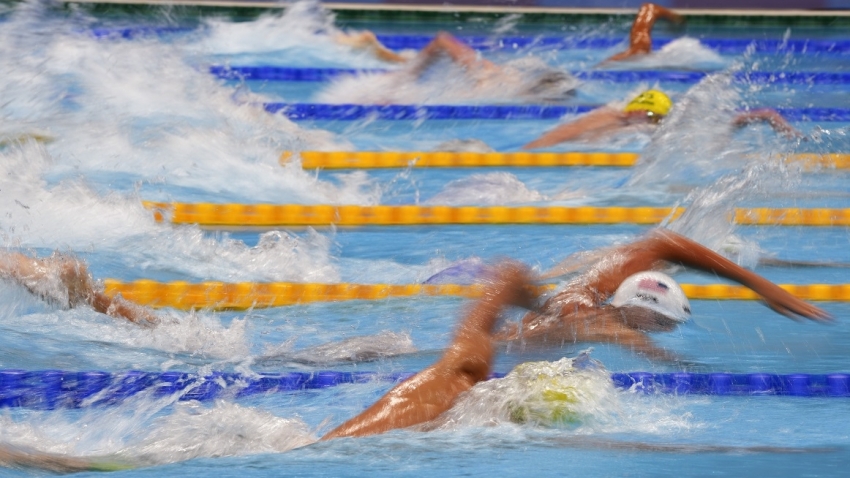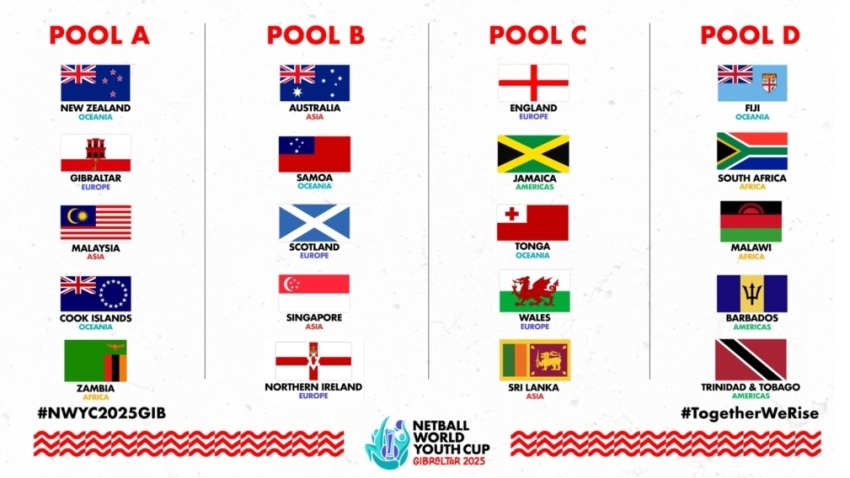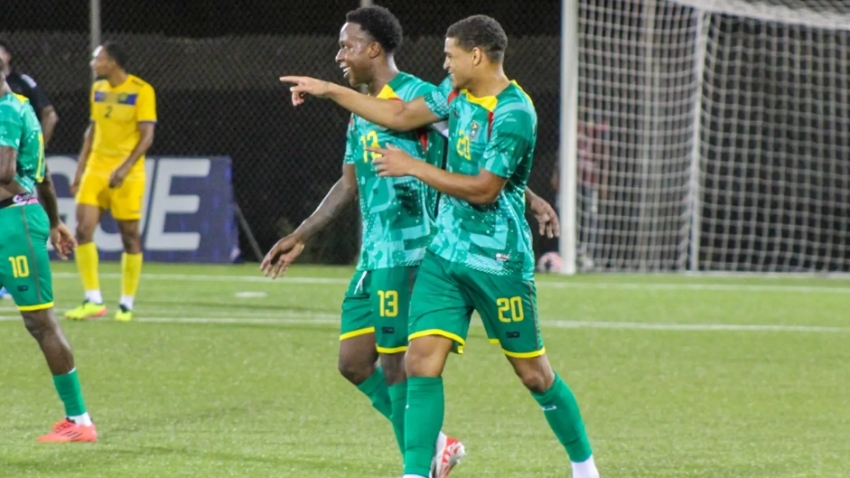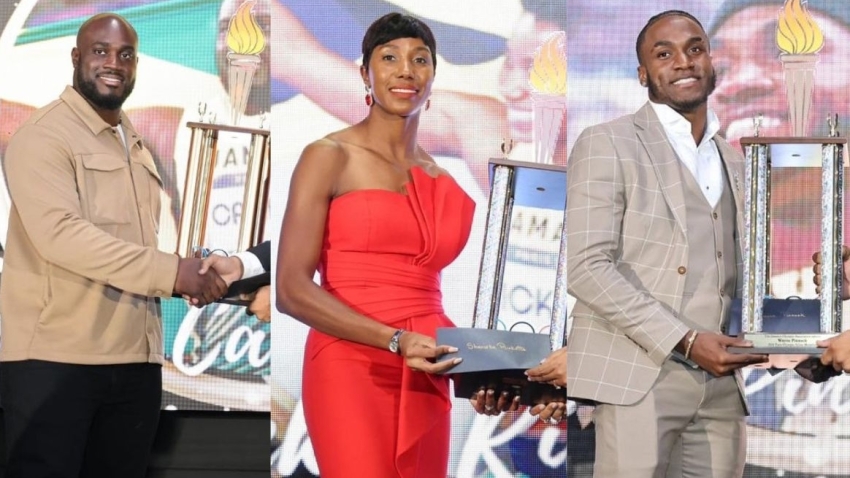The road to the Netball World Youth Cup 2025 has officially begun, as Caribbean representatives Jamaica, Trinidad and Tobago, and Barbados now know their opponents for the tournament, which will see 20 of the world’s top under-21 netball teams vying for supremacy on the international stage.
With 10 months to go before the September 19–28 showpiece in Gibraltar, Jamaica’s young Sunshine Girls, as well as the young Barbados Gems and Calypso Girls, will intensify preparations as they have tough draws to navigate.
Jamaica’s young Sunshine Girls have been drawn into a competitive Pool C alongside powerhouse England, Tonga, Wales, and Sri Lanka. It’s a challenging group, but one that Netball Jamaica President Tricia Robinson believes they will be well-prepared for.
“We know the quality of our opponents, especially England, who are always strong at the youth level. However, we will be ensuring that the girls preparation is very thorough, as we have every intention of possibly making a deep run in this tournament. So the focus of the preparation will be on fine-tuning strategies and sharpening the team’s physical and mental readiness in the build-up to the World Cup,” Robinson told SportsMax.Tv.
"While England is the primary threat in this pool, Jamaica has the ability to outplay Tonga, Wales, and Sri Lanka if they maintain their focus and discipline because our rigorous training regimen and frequent exposure to high-level competition will be key advantages. So, competing strongly, avoiding upsets, and ultimately securing a top-two finish in the pool is critical for advancement, and I believe our prospects will largely depend on maintaining consistency throughout the pool stage and bringing our best performance in crucial matches," she added.
While Jamaica, having established itself as a powerhouse in senior netball, aims to carry that momentum into the youth competition. For Trinidad and Tobago and Barbados, this tournament represents an opportunity to showcase their developing talent and challenge more seasoned teams on the global stage.
This, as Tuesday’s draw pitted Trinidad and Tobago and Barbados in Pool D, where they face an equally formidable lineup. They will go up against Fiji, South Africa, and Malawi—teams known for their athleticism and tactical prowess.
Meanwhile, Pool A will see host Gibraltar square off against defending champions New Zealand, Malaysia, the Cook Islands, and Zambia.
Australia, Samoa, Scotland, Singapore, and Northern Ireland will contest Pool B.
The initial pools further highlighted the global diversity of the competition, with at least three teams from each of World Netball’s five regions—Africa, Asia, the Americas, Europe, and Oceania—represented.
Games will be played at the Europa Point Sports Complex and Tercentenary Sports Hall in Gibraltar.
World Netball President Dame Liz Nicholl, DBE, emphasized the importance of the tournament for young athletes.
“This competition is often the first time many players experience different styles of play from across the globe. The NWYC is a platform for emerging elite talent, and we are excited to see what new matchups and experiences await,” Nicholl said.





























